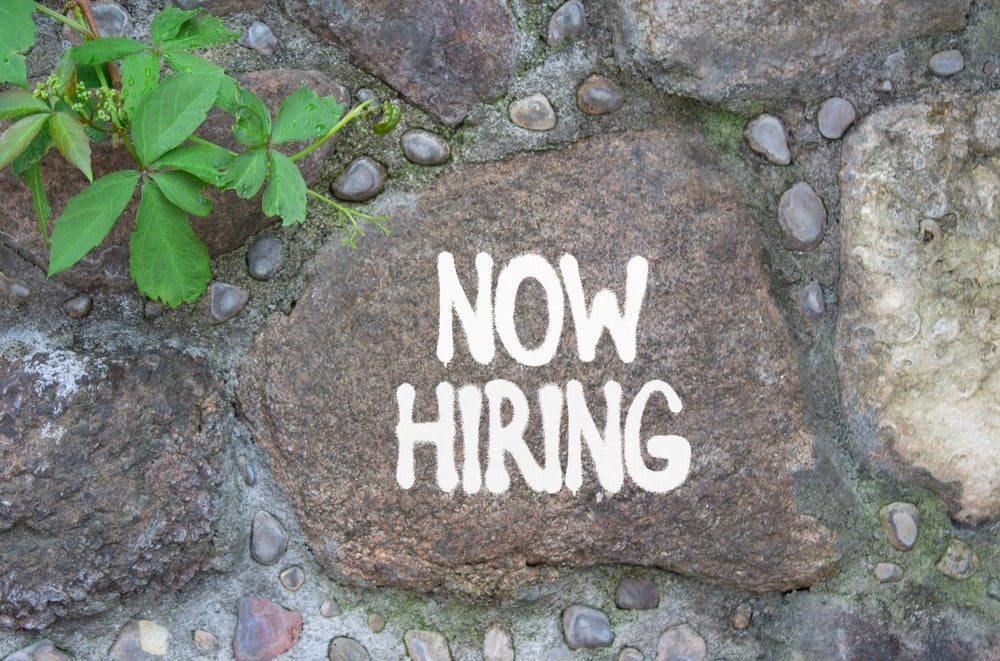
In hiring, there's a long-standing debate: should I focus on cultural fit or skills when making hiring decisions? Both aspects are important, but focusing too heavily on one over the other can lead to challenges down the road.
Striking the right balance between hiring for cultural fit and skills is key to building a strong, effective team. Let's explore the importance of each and how you can effectively balance for long-term success.
Why Cultural Fit and Skills Should Go Hand-in-Hand
Cultural fit refers to how well your candidate's values, beliefs, and behaviors align with the company's culture. It’s about whether a person will thrive in the existing work environment, contribute to your company’s mission, and get along with the team. When an employee fits well within the company culture, they tend to be happier, more engaged, and more committed.
Hiring for cultural fit is like finding the right puzzle piece – it’s become super popular as companies realize that a happy team means better performance. A strong cultural fit can lead to better communication, fewer conflicts, and higher morale. After all, nobody wants to work in a place that feels like a sitcom without the laughs!
The Importance of Skills 
On the other hand, skills are the specific abilities and knowledge that a candidate brings to the table. These can range from technical skills like coding or data analysis to soft skills like communication or leadership. Skills are often easier to measure than cultural fit, which is important for a candidate's job performance from the start.
Hiring based on skills ensures that the candidate can handle the job's technical demands and help the company achieve its goals. In fast-changing or specialized industries, having the right skills can be the difference between success and failure. However, if you only focus on skills and ignore cultural fit, you may end up with a team that is technically strong but struggles with teamwork and aligning with the company’s vision.
The Risks of Overemphasizing One Over the Other
While both cultural fit and skills are essential, overemphasizing one at the expense of the other can lead to significant problems:
- Overemphasizing Cultural Fit: Hiring based solely on cultural fit can create a team that lacks diversity and new ideas. It may also lead to a lack of important skills, as the focus shifts away from a candidate's ability to perform the job effectively.
- Overemphasizing Skills: Conversely, prioritizing skills over cultural fit can lead to a team that doesn't work well together. Even the most skilled employee might have a hard time fitting in if their values or work style don't match the company culture. This can result in high turnover, low morale, and a fragmented team.
Striking the Right Balance
The key to successful hiring lies in striking the right balance between cultural fit and skills. Here are some strategies to help achieve that balance:
-
Define Your Company Culture Clearly
Before you can hire for a cultural fit, you need a clear understanding of what your company culture is. This involves defining your core values, mission, and the behaviors you want to see in your team. Once you have a clear picture, you can create a hiring process that finds candidates who match these values.
-
Use a Structured Hiring Process
A structured hiring process is important for finding the right candidates. Start with a thorough job description that outlines both the skills needed and the values you're seeking. During interviews, use a mix of behavioral and technical questions to evaluate both aspects. For example, ask candidates to describe situations where they had to adapt to a company’s culture or work within a diverse team.
-
Incorporate Behavioral Assessments
Behavioral assessments can help determine if a candidate fits your company culture. These assessments offer insights into how a candidate works, communicates, and aligns with your values. When used alongside skills assessments, they can help create a more holistic view of the candidate.
-
Consider Cultural Add, Not Just Fit
Instead of hiring only for cultural fit, consider how a candidate can enhance your company culture. Look for people who share your core values but also offer different perspectives and ideas. This approach promotes diversity and innovation while staying true to your company's mission.
-
Prioritize Onboarding and Continuous Learning
After hiring the right candidate, a strong onboarding process is crucial for helping them integrate into your company culture and develop any additional skills they may need. Continuous learning opportunities, mentorship, and feedback can help new hires meet both the cultural and technical requirements of their job.
The Sweet Spot: Aligning Cultural Fit and Skills for Team Success
Finding the right balance between cultural fit and skills during the hiring process is important for building a happy, successful team. Define your company culture, employ a structured hiring process, and use behavioral assessments to make smart choices that meet both your short-term needs and long-term dreams.
Remember, seeking candidates who not only fit the current culture but also bring new perspectives can foster innovation while maintaining unity within your team. With thoughtful onboarding and a focus on continuous growth, new hires can effectively use their skills and thrive in your organization. Balancing cultural fit and skills will ultimately lead to a more engaged workforce, better teamwork, and improved performance.




